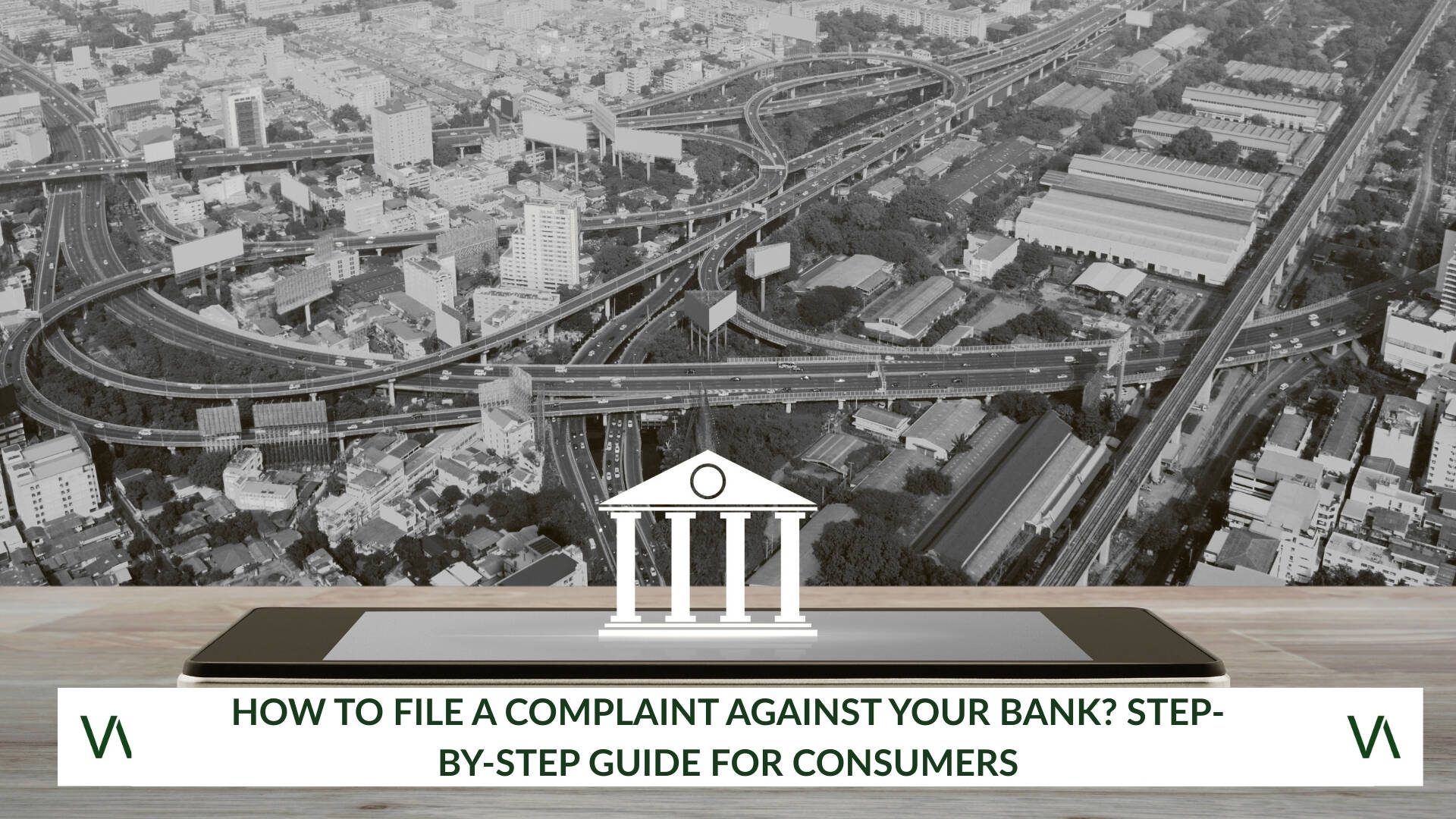How to File a Complaint Against Your Bank? Step-by-Step Guide for Consumers
Did your bank charge unauthorized fees or sell you a product without consent? This guide explains how to file a complaint with your bank and, if needed, with the appropriate public authorities.

Sometimes, banks make decisions or take actions that are detrimental to their clients—such as charging unauthorized fees, misapplying interest rates, failing to inform about financial products, or selling services the customer never requested.
If this happens, you have the right to file a complaint and protect your interests.
What can you complain about?
You can file a formal complaint if your bank:
-
Charges fees or interest not agreed in the contract.
-
Fails to provide proper information when selling a financial product.
-
Ignores or delays your inquiries without justification.
-
Sells you a financial product you didn’t ask for.
Step 1: Contact the bank’s customer service department
Start by submitting a written complaint to the bank’s customer service or customer advocate. Include:
-
Your personal information (name, ID/passport, address).
-
The reason for the complaint and the amount in dispute.
-
The branch or department involved.
-
Any documentation supporting your case.
You can find contact details and regulations on the Bank of Spain’s Client Portal..
⏳ The bank has 2 months to respond. If they don’t, or if you’re not satisfied, move on to the next step.
Step 2: File a complaint with the relevant authority
Depending on the type of product or service, file your complaint with:
-
Bank of Spain: for banking products (accounts, loans, mortgages...).
-
CNMV (National Securities Market Commission): for investment products (stocks, funds, bonds...).
-
Directorate-General for Insurance: for insurance and pension plans.
You must first have filed a complaint with the bank. Otherwise, the public authority won’t admit your case.
What happens next?
The authority will notify the bank of your complaint. Then:
-
If the bank agrees, the case is closed.
-
If the bank disagrees, the authority will issue a decision within four months.
Even if the decision is not binding, banks often comply when the ruling is in your favor.
What if the bank still refuses?
If the bank ignores the decision or continues to act improperly, your only option is legal action. For widespread issues like “floor clauses” in mortgages, consider joining a class action via consumer protection groups.
Reclaiming your rights from a bank is entirely possible—and more common than you think. At Valero Tax Legal, we guide you through the process so you can assert your rights with the necessary legal backing.RELATED CONTENT
-
Verifactu and Mandatory E-Invoicing: Key Aspects of Spain’s Digital Tax Transformation
E-invoicing in Spain is evolving fast. In this article, we break down the Verifactu system and mandatory e-invoicing: how they work, deadlines, technical requirements and the associated penalties.
-
Can I Keep the Special Expats Regime if I Become Self-Employed?
More and more professionals wonder whether they can keep the tax benefits of Spain’s Special Expats Regime after becoming self-employed. In this post, we explain when it’s possible, the limits established by law, and how to avoid losing the regime by changing your professional activity.
-
Key changes in company dissolution from April 2025
Organic Law 1/2025 introduces key updates in company dissolution procedures, prioritising speed, out-of-court solutions, and greater accountability for directors. In this post, we summarise what every company should know before April 3, 2025.
